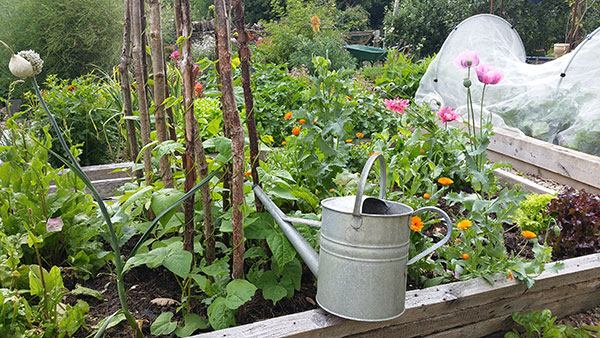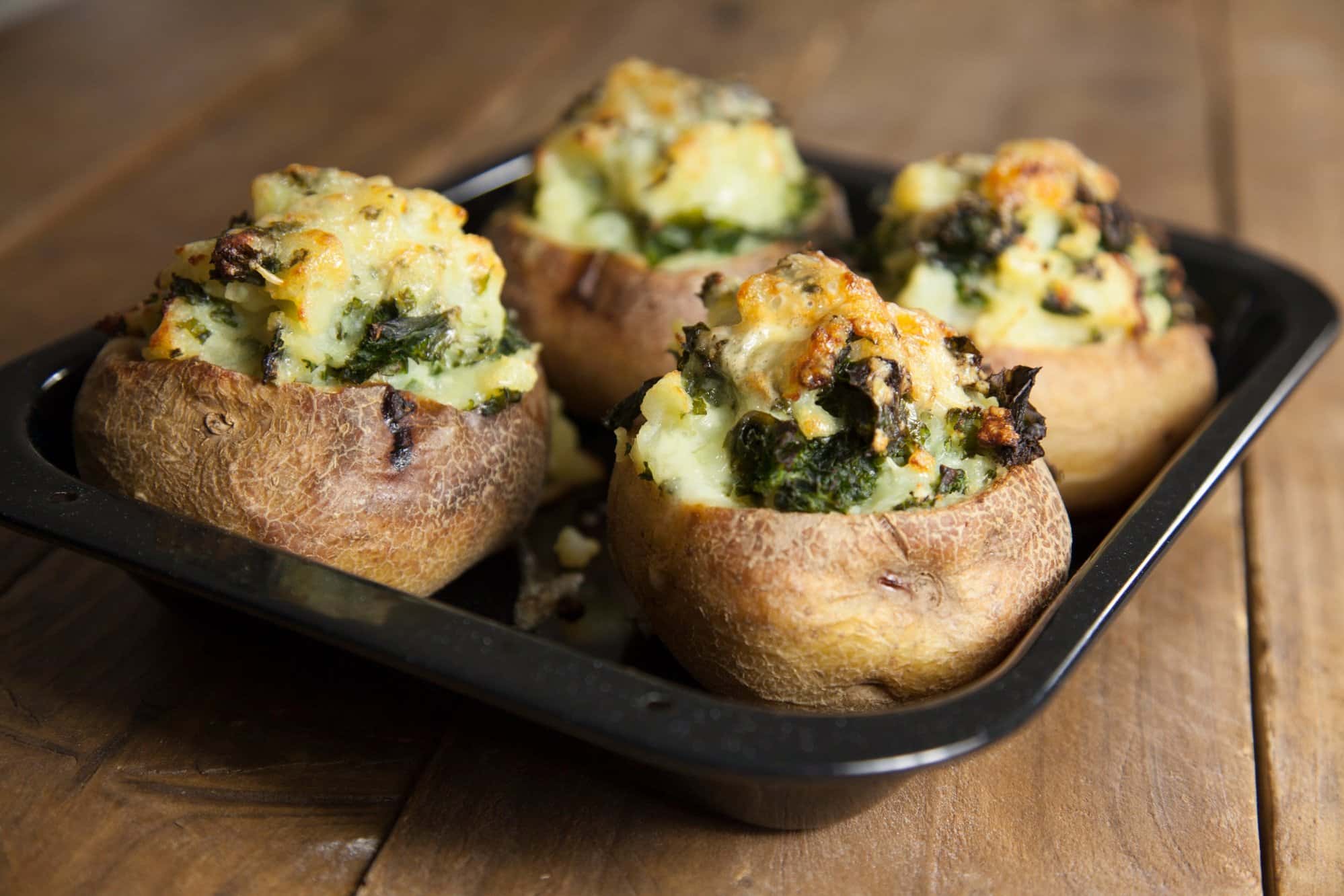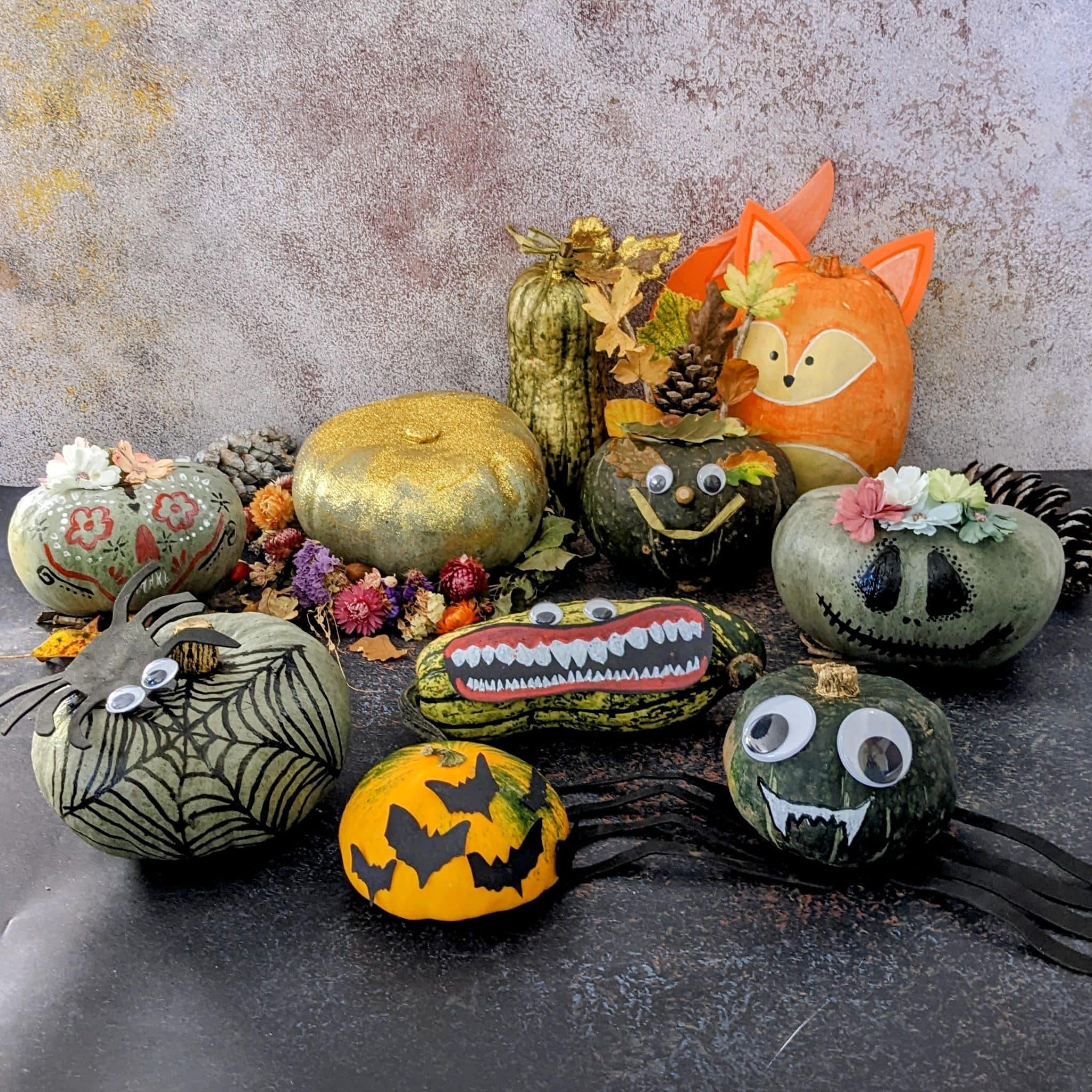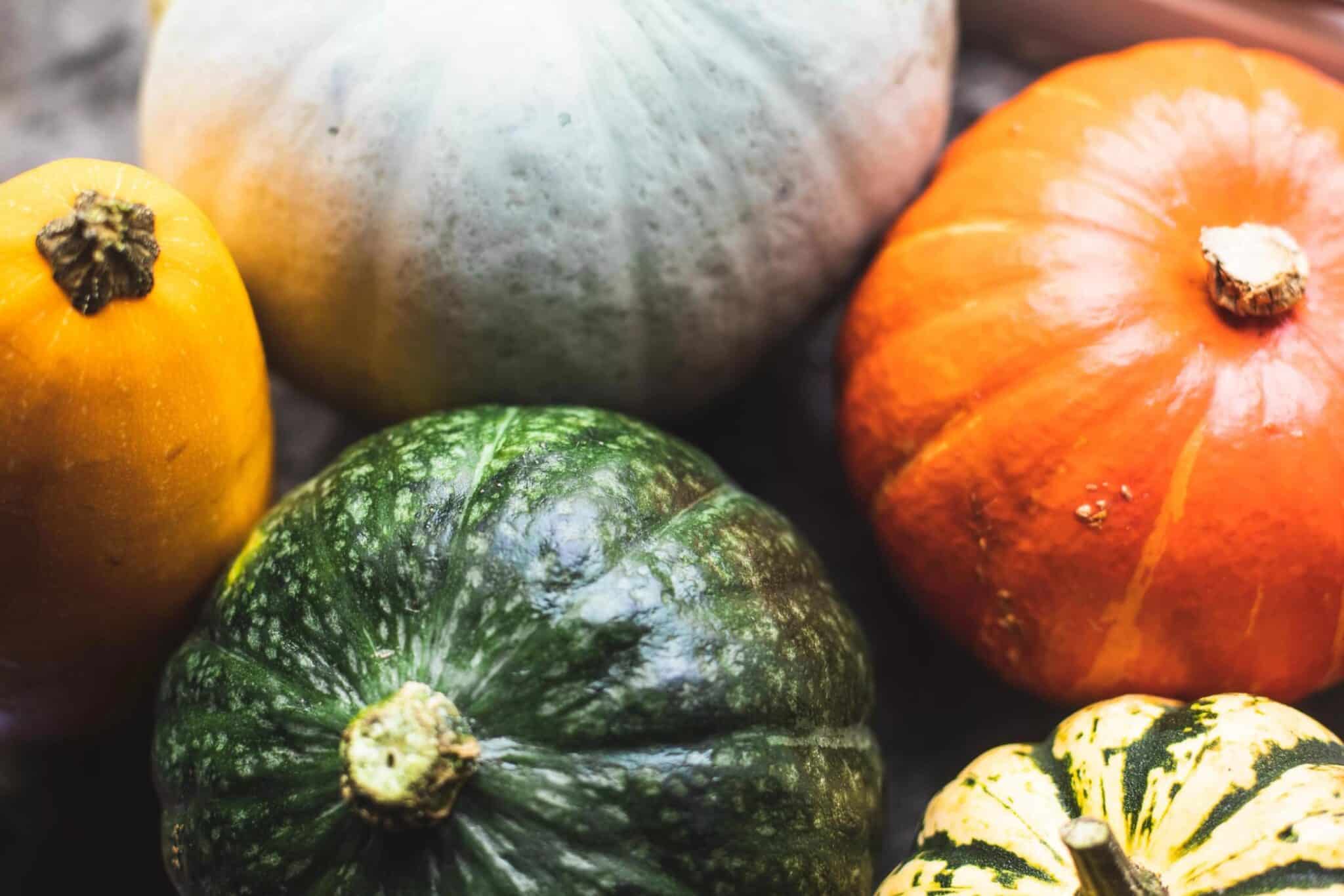Water is a precious resource. As a country we take it for granted as it gushes from our taps – often unmetered and squandered. But our water supplies are in jeopardy. Population intensity on a small island leads to too many washing machines, dishwashers, swimming pools, daily baths and showers, hose pipe gardening – not to mention agricultural irrigation and, my least favourite, golf course maintenance.
If you live in the east of the country, your rainfall is on a par with central Italy. Anywhere else, you have probably experienced an exceptionally dry spring (except Scotland, which is still wonderfully awash with the precious stuff). So, it’s all the more important to be wise with your watering.

Here are some tips.
- Always water the soil, not the plant. And make sure the water goes deep. Give the soil a good soaking every few days rather than just wetting the surface. This will encourage the plant from a young age to put down deep roots away from the surface of the soil, which dries out more quickly.
- Water in the evening, after the sun has gone down. Or in the early morning when the soil is cool. Watering in the heat of the day will mean much water is lost to evaporation.
- Use a watering can. It directs water exactly where you need it, on the soil not the plant. Hosepipes and sprinklers can waste water.
- Apply mulch around your plants after watering. A covering of grass cuttings, leafmould, straw – even cardboard – after you have watered will keep the moisture in. If you grow in pots, use gravel on top to stop the soil transpiration.
- Going away for a few days? Try this handy clay pot watering. Take an unglazed clay pot and seal the hole in the bottom so water can’t escape. You also need a lid to the pot – make your own from wood or sturdy plastic recycled from a container. Sink the pot in the ground, fill with water and cover. Plant seedlings around the pot. The gradual escape of moisture should last for 10 days before needing a top up.
And here’s what not to do:
- Don’t water lawns, they always recover.
- And avoid using a sprinkler – too much water is lost in the air and doesn’t penetrate straight to the roots.

A canny gardener will collect and store rain water. Are all your down pipes fitted with water butts? That includes sheds and greenhouses.
Can you improvise and recycle containers? Old central heating tanks and any other rigid plastic containers (well rinsed and washed out before use) work well for water storage.
And here’s the best way to recycle tap water:
- Keep all rinsing water – washing vegetables and salads will collect a surprising amount by the end of the day.
- Use ‘grey water’ from baths and washing up. But make sure you don’t use too much soap/shampoo. What’s good for stripping fat from dishes isn’t good for soil life.
- Use ecologically friendly detergents. Modern detergents have enzymes and phosphates in them which, if used in concentration, can actually harm plants. The water is also often surprisingly greasy by the end of a washing up session – this grease may affect soil life and particles.
- Use the water straight away. Stored grey water can harbour legionnaires disease.
- Don’t use grey water on seeds. They are prone to ‘damping off’, a technical term which covers a variety of fungal infections. Use fresh tap water instead.

Finally – although perhaps this should be foremost in your wise water thinking – reduce your garden’s thirst for water.
Build up your soil’s waterholding structure by adding homemade compost. Wherever you grow – in pots, back garden or an allotment – this bulky material not only adds nutrients but also improves the soil structure, so that light sandy soils will retain water better, and clay soils will become less dense.
Avoid bare soil. It will dry out more quickly if exposed to the sun. Plant densely, so foliage will cover the soil and protect against moisture loss.
Protect your plants. Wind can dry soil, as much as sun. Hedges and trellises are perfect windbreaks, providing shelter for birds and insects as well as the ground beyond.
The Grow Your Own Wicked Leeks series is written by Garden Organic, the national charity for organic growing.
Each month we bring you timely advice on what to do in your organic patch. We hope they inspire you on your organic growing journey, whether you’re an experienced grower or just starting out. Share your own tips and gardening photos on social media under #GYOWickedLeeks.















This gives me something else to worry about, running out of water! Bit negative.
Also, I read that using detergents can get rid of pests like blackfly and to spray roses etc with soapy water, now you are saying detergents are bad – please can you clarify. thank you
Hi Linda. Thanks for commenting. I’m sorry if my words sounded negative, but yes, water is a precious resource which we have taken for granted for too long in this country. There are serious shortages predicted over the next 20 years, not helped by water company leakages. The good news is that by capturing as much rainwater as possible, and keeping your soil in good health, you can avoid using too much of the precious tap stuff.
Some people use detergent sprays to kill aphids, as the soap in effect asphyxiates the insect, and destroys its waxy coating. However, at Garden Organic we don’t recommend using detergents – as I said in my piece, they are good at stripping the fat off dishes. If you spray them onto a plant you run the risk of ‘off target’ spray, which will affect not just the aphid but any other more beneficial insect life, such as ladybirds and lacewings. Both of which are harmlessly feeding on the aphids. There is also a small risk that your detergent will affect the plant’s tender new growth, or even drip onto the soil below, thus disrupting all those lovely microbes working away to release nutrients for the plant. A good strong jet of clean water will do the job just as well. Alternatively, careful squishing by hand will do the trick (wearing gloves helps with squeamishness).
Happy gardening!
Thank you
I will stop using my dirty dishwater to water my roses, which I was doing during the recent dry spell. But I will worry about watering them now! Never a happy route is there!